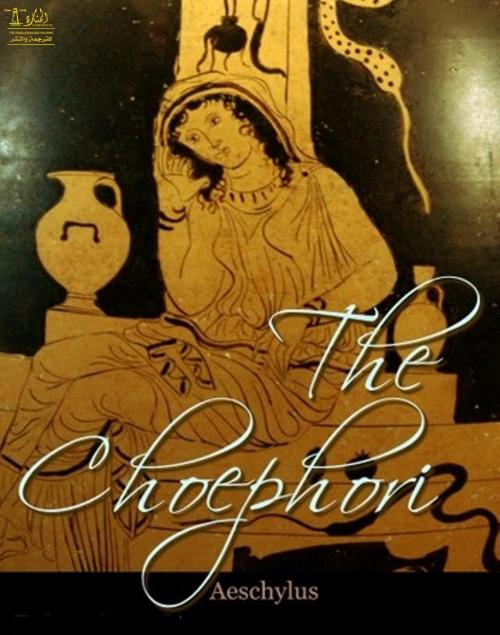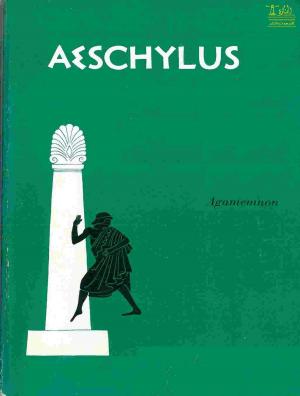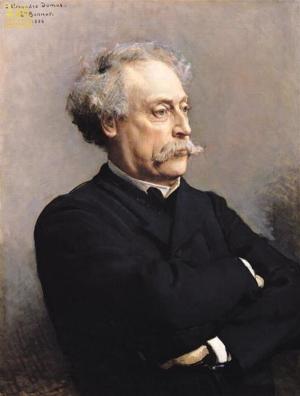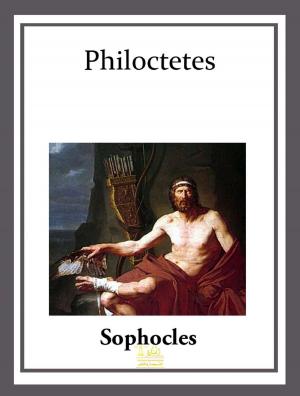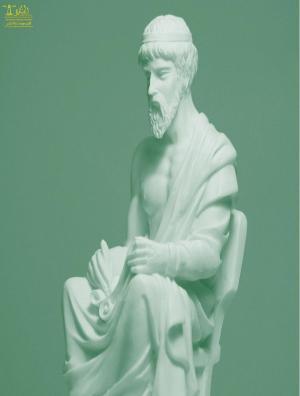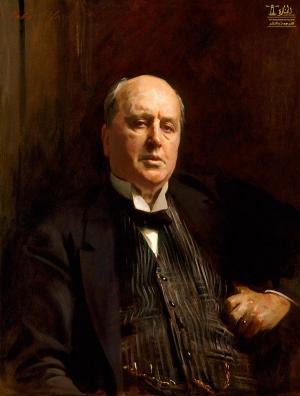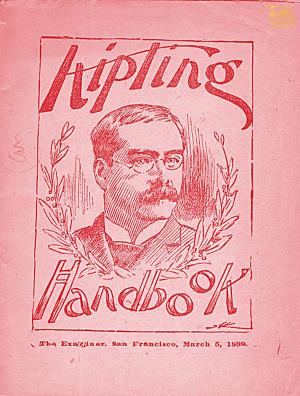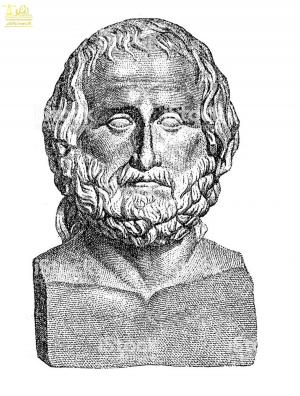| Author: | Aeschylus | ISBN: | 9780599447066 |
| Publisher: | Lighthouse Books for Translation Publishing | Publication: | May 4, 2019 |
| Imprint: | Lighthouse Books for Translation and Publishing | Language: | English |
| Author: | Aeschylus |
| ISBN: | 9780599447066 |
| Publisher: | Lighthouse Books for Translation Publishing |
| Publication: | May 4, 2019 |
| Imprint: | Lighthouse Books for Translation and Publishing |
| Language: | English |
The sins of the parent rest on the head of the child, who seeks vengeance and expiation. First part of the Orestian trilogy, considered the height of Greek tragedy.
Aeschylus was born at the religious center of Eleusis. His father, Euphorion, was of a noble Athenian family. In 499 B.C. Aeschylus produced his first tragedy, and in 490 he is reputed to have taken part in the Battle of Marathon, in which the Athenians defeated the Persian invaders.
In 484 Aeschylus won first prize in tragedy in the annual competitions held in Athens. In 472 he took first prize with a tetralogy, three tragedies with a connecting theme and a comic satyr play. It embraced Phineus, The Persians, Glaucus of Potniae, and the satyr play Prometheus, the Fire Kindler. Defeated in one dramatic competition by Sophocles in 468, Aeschylus later won first prize with another tetralogy: Laius, Oedipus, The Seven against Thebes, and the satyr play The Sphinx. In 463 he won first prize with the tetralogy now known as The Suppliants, The Egyptians, The Danaids, and the satyr play The Amymone. In 458 he gained his last victory with the trilogy Oresteia. The date of another trilogy, the Prometheia, is unknown, but it was probably produced sometime between The Seven against Thebesand the Oresteia. Only 7 of the perhaps 90 plays that Aeschylus wrote are preserved. Aeschylus was acquainted with the Greek poet lon of Chios, and he may also have known Pindar, Greece's greatest lyric poet. Aeschylus's son and the descendants of Aeschylus's sister also wrote tragedies. The legend that Aeschylus stood trial for divulging the Eleusinian Mysteries but was acquitted on the grounds that he was never initiated may be simply a reflection of his religious environment. He was greatly influenced by the poet Homer, describing his own works as "slices of Homer."
Aeschylus retired to Sicily, and tradition says that he was ignominiously killed by an eagle which, in its desire to split open a turtle it was carrying, mistook his bald head for a boulder. His tomb at Gela in Sicily became a shrine, and his own epitaph recorded his military, not his literary, exploits.
Modern scholarship has shown that the first of Aeschylus's plays was The Persians (The Suppliants was formerly thought to be the earliest because of its heavily lyric content). The Persians is the only play on a historical subject that survived from Greek drama. The play is set at the Persian capital soon after the Battle of Salamis. The queen, Atossa, is disturbed by a dream which portends disaster for her son Xerxes, who is on an expedition against the Greeks. A messenger arrives and announces terrible losses and defeat for the Persians. The ghost of Darius, father of Xerxes, warns against any further invasions of Greece.
In The Suppliants the chorus is the protagonist. There are 50 sons and 50 daughters and only three characters: Danaus, Pelasgus, and the Egyptian herald. Pursued by the 50 sons of Aegyptus, the 50 daughters of Danaus seek refuge with Pelasgus, King of Argos. The Danaids do not want to marry the sons of Aegyptus, who are their cousins, and Pelasgus, after a democratic consultation, decrees that the State will protect them. The action ends with prayer and supplication to Zeus. Whether the theme of this play is abhorrence of incest is not clear; what is clear is the emphasis placed on Zeus as the upholder of justice.
The sins of the parent rest on the head of the child, who seeks vengeance and expiation. First part of the Orestian trilogy, considered the height of Greek tragedy.
Aeschylus was born at the religious center of Eleusis. His father, Euphorion, was of a noble Athenian family. In 499 B.C. Aeschylus produced his first tragedy, and in 490 he is reputed to have taken part in the Battle of Marathon, in which the Athenians defeated the Persian invaders.
In 484 Aeschylus won first prize in tragedy in the annual competitions held in Athens. In 472 he took first prize with a tetralogy, three tragedies with a connecting theme and a comic satyr play. It embraced Phineus, The Persians, Glaucus of Potniae, and the satyr play Prometheus, the Fire Kindler. Defeated in one dramatic competition by Sophocles in 468, Aeschylus later won first prize with another tetralogy: Laius, Oedipus, The Seven against Thebes, and the satyr play The Sphinx. In 463 he won first prize with the tetralogy now known as The Suppliants, The Egyptians, The Danaids, and the satyr play The Amymone. In 458 he gained his last victory with the trilogy Oresteia. The date of another trilogy, the Prometheia, is unknown, but it was probably produced sometime between The Seven against Thebesand the Oresteia. Only 7 of the perhaps 90 plays that Aeschylus wrote are preserved. Aeschylus was acquainted with the Greek poet lon of Chios, and he may also have known Pindar, Greece's greatest lyric poet. Aeschylus's son and the descendants of Aeschylus's sister also wrote tragedies. The legend that Aeschylus stood trial for divulging the Eleusinian Mysteries but was acquitted on the grounds that he was never initiated may be simply a reflection of his religious environment. He was greatly influenced by the poet Homer, describing his own works as "slices of Homer."
Aeschylus retired to Sicily, and tradition says that he was ignominiously killed by an eagle which, in its desire to split open a turtle it was carrying, mistook his bald head for a boulder. His tomb at Gela in Sicily became a shrine, and his own epitaph recorded his military, not his literary, exploits.
Modern scholarship has shown that the first of Aeschylus's plays was The Persians (The Suppliants was formerly thought to be the earliest because of its heavily lyric content). The Persians is the only play on a historical subject that survived from Greek drama. The play is set at the Persian capital soon after the Battle of Salamis. The queen, Atossa, is disturbed by a dream which portends disaster for her son Xerxes, who is on an expedition against the Greeks. A messenger arrives and announces terrible losses and defeat for the Persians. The ghost of Darius, father of Xerxes, warns against any further invasions of Greece.
In The Suppliants the chorus is the protagonist. There are 50 sons and 50 daughters and only three characters: Danaus, Pelasgus, and the Egyptian herald. Pursued by the 50 sons of Aegyptus, the 50 daughters of Danaus seek refuge with Pelasgus, King of Argos. The Danaids do not want to marry the sons of Aegyptus, who are their cousins, and Pelasgus, after a democratic consultation, decrees that the State will protect them. The action ends with prayer and supplication to Zeus. Whether the theme of this play is abhorrence of incest is not clear; what is clear is the emphasis placed on Zeus as the upholder of justice.
